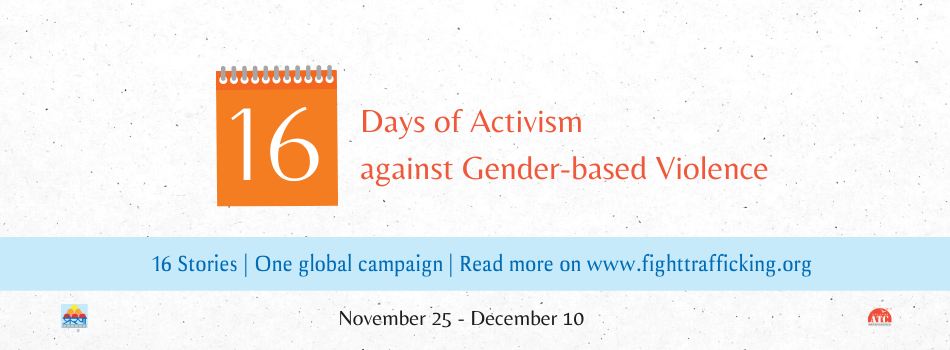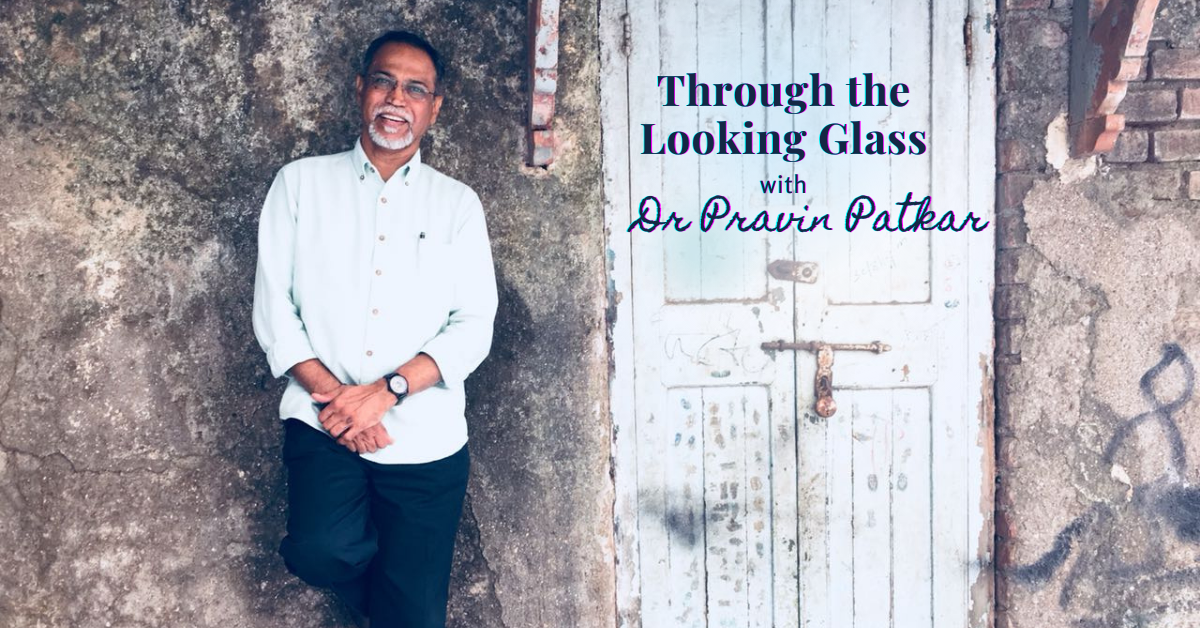
Day 11: Facing Violence at the Police Station
Deepali Mistry
Project Manager,Sanmaan
17-year-old Radhika (name changed) lives in one of the communities, where Prerana’s Sanmaan team works. Sanmaan works to enroll the local children in school, conducts outreach programs, links the children to organizations for educational and vocational support, and also holds awareness sessions on social issues in the community.
In October 2020, we received a call from a community member, informing us that Radhika had been missing since she had left for her work as a ragpicker. The caller added that her family had approached the local police station to file a missing person complaint.
On the same day, that we received this information, Radhika returned home late in the evening. She shared that she had been unconscious, woken up in an unknown place, and somehow managed to reach home. She added that she had had an argument with a stranger in the morning when she was headed to work. The man had accused her of stealing his things and had also gotten violent towards her. She shared that, she remembered seeing him before losing consciousness.
The next day, when Radhika went to the police to report the matter, the police responded in a harsh manner. They accused her of running on her own accord, with the Investigating Officer even slapping her to force her to say that she had run on her own, and then returned home. Radhika shared this with the social worker, adding that the police had threatened to file a case against her and her family if she would consent to a medical examination. However, despite the violence, the child was determined to get a medical examination. The social worker presented Radhika’s case before the Child Welfare Committee, and subsequently, by their Order, the examination was done. The CWC also asked for an inquiry against the official who had slapped Radhika and appointed Prerana to provide psycho-social support to the child.
We often come across people being afraid or skeptical of approaching the police for help in cases of violence. As observed in Radhika’s case, when the police themselves pressure the child and her family and perpetuate the violence, it makes it more difficult for a victim to seek assistance. This also acts as a deterrent for the aggrieved to seek help and justice.
To be or not to be? Questions on motherhood searching answers
Over the past decade we have come across an increased use of the term survivors to refer to victims of Read more
As stakeholders working with young women, it is important that we understand the structures in which these young women are Read more



